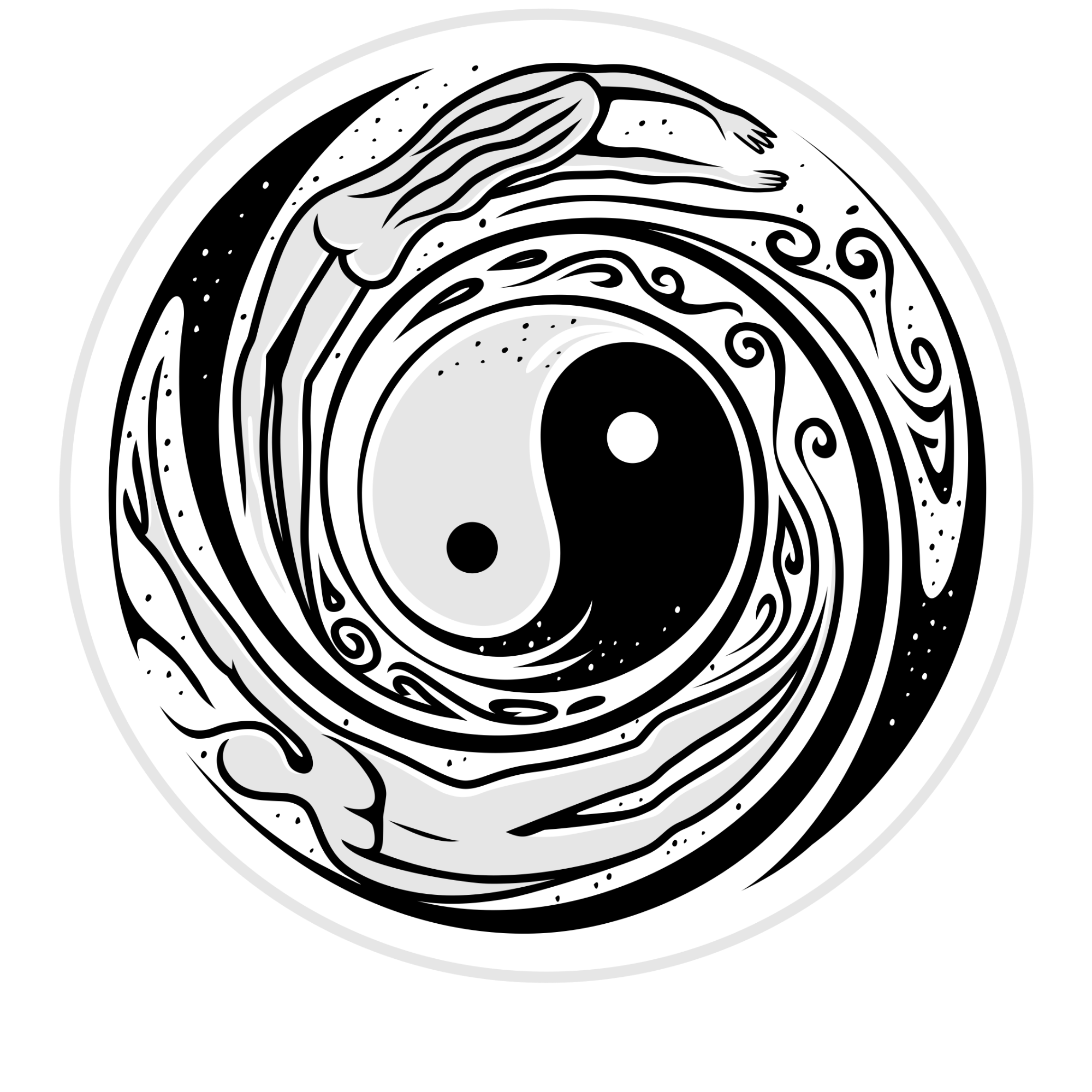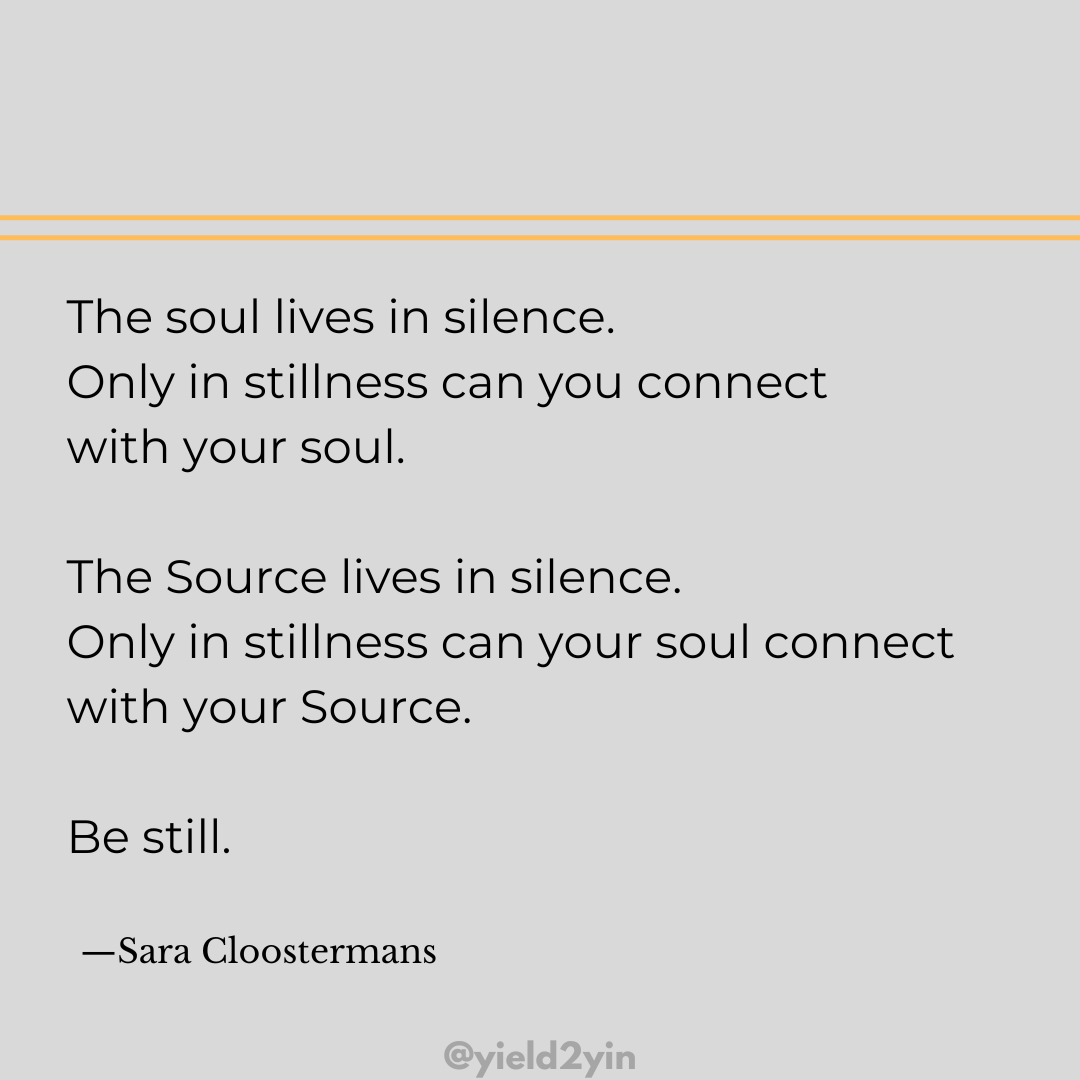You are probably talking to yourself way more than you realize. In fact, researchers believe most of us have over 6,000 thoughts each day.
- Some of our thoughts are neutral (“I’ll park in this parking space.”).
- Some are positive (“Wow! I can’t believe I did that so quickly!).
- But we also know some are negative (“You’re such an idiot!”).
While we can’t control what thoughts pop into our heads, we can control how we respond to negative, unwanted thoughts. And we can practice techniques to help us increase life-affirming thoughts and decrease distressing thoughts.
One simple tool is reframing. Instead of shaming yourself for a negative thought (which is often just adding shame upon shame), you can take a moment, look at the situation differently, and talk to yourself with respect and curiosity.
Why Reframe Your Thoughts?
Think of unwanted thoughts as a sick, hurt, or whiny child (let’s call him Charlie) desperately begging for your attention. If you ignore Charlie, it’s likely his fever will spike, his knee will keep on bleeding, or his crankiness will escalate. But if you give Charlie just five minutes of your undivided attention, it is likely Charlie will no longer be bugging you (or at least less so). Tending to Charlie, by soothing him and taking care of him, is how I suggest you tend to your unwanted thoughts.
I know it is counterintuitive: why would you want to put time and effort into something that does not feel good. Well, for the same reason you tend to a needy child. If you don’t, problems accumulate and accelerate; they become more daunting the longer you wait.
How Do We Reframe or Restructure Unwanted Thoughts?
Michael Singer, the author of The Untethered Soul, refers to our inner voice as the “roommate” in our head. So, if you have a crappy roommate, why continue to live with them? You have the choice to kick them out and replace them with a comforting, gentle, and supportive roommate instead.
This is how to reframe your thoughts.
In my practice, I suggest that my clients practice “calling out the BS with double-SB.” You know what BS stands for and here is what “double-SB” stands for: Self-Talk, Smack-Talk, and Back-Talk.
Calling Out The BS with Double-SB
Here’s an example:
Self-Talk (conscious) “I undercooked the chicken.”
Smack-Talk (old roommate): “You are a terrible cook; do you ever get anything right?”
Back-Talk (new roommate): Part 1—ACKNOWLEDGE the self-talk and smack-talk first, including the feeling(s): “Okay, you are not talking very nicely to yourself right now. I understand that you are disappointed and that this is how you used to talk to yourself when you made a mistake, which is fine. However, this is no longer working, so we are going to change that.” Part 2—Use this as a great learning opportunity to practice a REFRAME: “I’m sorry that you undercooked the chicken, especially since you have been cooking all day and are having guests over. Let’s put the chicken back on the BBQ and I am sure it will still turn out quite tasty.”
Here’s another example:
Self-Talk: “I forgot that appointment.”
Smack-Talk: “You are an unorganized failure. You’ll never get your act together.”
Back-Talk: “I wouldn’t talk this way to my friend who forgot something. You’re angry at yourself and embarrassed for forgetting. Shame won’t help the situation. Everybody forgets things from time to time. You are doing the best you can. I wonder if setting alarms on your phone could help next time?”
Practice Reframing Your Thoughts
Sometimes it’s hard to remember to reframe your thoughts in the moment when your emotions are high. So practice in a neutral state.
Start by evaluating some of your thoughts over the past week. For tips on what to ask yourself and how to gauge your thoughts, check out this blog HERE.
When you pick out a few unwanted/negative thoughts you thought recently, go through the “BS to double-SB process.” Reframe your thoughts: kick out that old roommate and invite the new one in! Write it out if it helps.
And remember that your thoughts (and feelings) are not who you are, but your actions are. As long as you do not act out your bad thoughts, that is all they are: just thoughts. So, only feed the thoughts that are compatible with who you want to be. They will become your personality and, consequently, your reality. Your character is not defined by your thoughts, good or bad, but by how you show up in the world when it comes to your value system and level of integrity.
Yield2Yin
- Healing Card Deck: A Therapist’s Advice 55-Card Healing Deck by Sara Cloostermans
- Book Recommendation: The Untethered Soul by Michael Singer
- Mantra: I AM POSITIVITY // repeat with diaphragmatic breathing
- Yin Yoga Asana: Dangling Pose
This page includes Amazon Associate affiliate links, which means I may earn a small commission at no cost to you if you purchase a product I suggest. I only recommend products I believe in. Learn more HERE.







